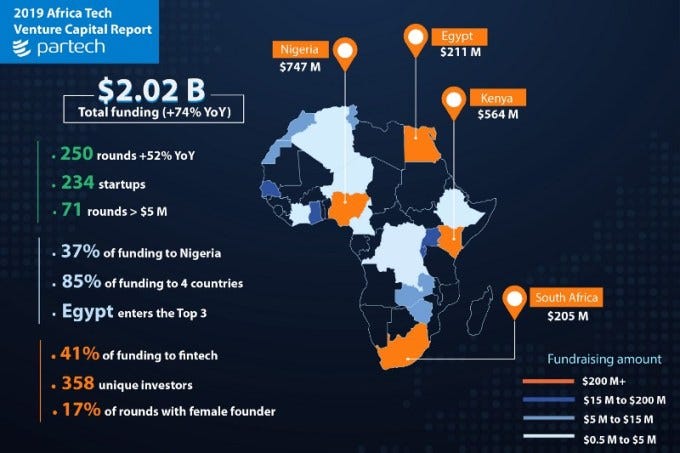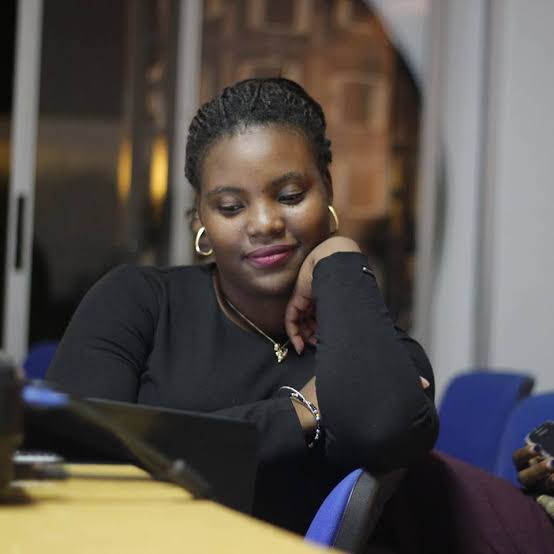How E-Cover, A Startup Founded By 25-Year-Old Yaye Fall Is Transforming Old Tires In Senegal
In Senegal, Yaye Souadou Fall has founded a company for recycling used tires into floor coverings. In July this year, the project called E-Cover secured $382k from WIC Gestion, manager of the WIC Capital Fund.

In her workshop, the 25-year-old Senegalese woman manufactures not only ecological tiles used as coverings for house fronts, but also tiles for gardens, children’s play areas, basketball or tennis courts. She even plans to offer this material for road construction.
First Here Is Why The Investors Found Confidence In E-Cover
Apart from WIC Capital, a syndicate of individual investors also participated in the $382k round of funding. WIC Capital ’s investment will allow E-cover SAS to finance the installation of a semi-industrial production unit in Dakar. The E-cover SAS project had previously been awarded the Anzisha Prize by the European Union at the 2016 COP 22 for its action in support of the environment.
Launched in March 2019 by the Women’s Investment Club (WIC) Senegal, WIC Capital is the first investment fund that exclusively targets women-led businesses in Senegal and Ivory Coast. The Fund brings together local and international institutional and individual investors, who pool their resources to invest in micro and small women-owned enterprises (MSMEs) in Senegal and Ivory Coast. The Fund invests through a mixture of equity and quasi-equity in companies from all sectors, founded by women, owned or managed at least 50% by women, or with a management team predominantly female.
“We are happy to participate in the innovative E-cover adventure alongside Yaye Souadou Fall and Khady Diallo, two young dynamic and very enterprising women,” Evelyne Dioh, Director of WIC Gestion said, about WIC’s investment in E-cover. WIC Capital’s investment illustrates our confidence in the potential of Senegalese women entrepreneurs. We bet on inventiveness, entrepreneurial courage and the firm desire to make a difference in a sector where a local offer had to be developed in the face of an existing need. We wish to promote the development of local production tools and the contribution of added value. We look forward to supporting E-cover in the implementation of its strategy and its growth.’’

Read also: Senegalese Waste Recycling Startup E-cover SAS Raises $382k From WIC Capital
A Pretty Long Journey For Yaye Fall And Her Startup E-Cover
Co-founded in 2015 by Yaye Souadou Fall, and a team of seven, E-cover SAS is an innovative waste tire recycling startup based in Dakar, Senegal, which specializes in the recycling of used tires. The recycled tires are then transformed into two main products:
- SBR aggregates, mainly used for the installation and maintenance of synthetic turf and;
- Shredded tires, an intermediate product, used as fuel by cement factories, as a substitute for fossil fuels, in order to meet international standards and reduce costs.
“Four years ago with a band of friends, we decided to launch E-cover,” said Fall, who also has roots in Mauritania and speaks French, English and Portuguese. “We were trying to find a solution for managing all types of waste. Although there were already solutions about environmental waste management, with mind-blowing names, we settled for E-Cover (which, when, translated into French is Environmental Cover) to enable us also reach English-speaking international markets, apart from Senegal.”
Fall, who also studies for her Masters, said the idea of E-cover started from the fact that her team wanted to shift people’s minds away from plastics being the only type of environmental wastes in Senegal.
“It is common knowledge that when referring to waste, everybody thinks plastic,” she said. “So we got to find that tire waste even needed more attention. By researching the internet, we found out that used tires undergo several stages of industrial transformation and uses. However, there was nothing much we could do with our knowledge. Nobody took us seriously. Being underprivileged youth and women students with no tangible source of income, we were simply hailed as ambitious.”
Fall said she and her team resorted to rudimentary means to bring their dream into reality. Together, they crushed the tires with their hands, grated and ground them over boards and meat grinders, using simple spoons to scoop their end products into pots.
“On the 8th of April, 2015, we produced our first aggregates of tires made with water,” she said. “Although the aggregates were not substantial enough, that was how we started.”
On how their humble start grew into a bigger vision, Fall had this to say:
“At the beginning,” she said, “we used some raw materials, which were relatively small, both for the floor covering and the tiles. Along the line, we had bigger vision; there was no need to settle only on puno waste and other local materials; we moved towards a greater vision by finding an application useful to all kinds of wastes. This is how we produced our first synthetic floor covering.”
Fall said, while they did their first samples by hand, they gradually built capacity at doing so.
“In 2018,” she said, “we presented them at competitions and fairs, and gained recognition from that. The brand of floor covering usually made in Japan is now made at our factory in Bambilor. We also launched our first brand of shoes. So far, we have invested a lot in research and development and have also recruited those with good knowledge of what we do.”
Fall said looking back, she and her team would have gone farther than this if they were taken seriously earlier on.
“We were not taken seriously when we started because we were young,” she said, “and young people are often considered as not having so much experience. Young people are also thought of as not necessarily needing money. I consider these as the biggest challenges of businesses run by young people.”
Fall said E-Cover has a big hope for the future.
“Today in Senegal, on average, there are 6,500 tonnes of tires that we receive each year and all these tires are there lying around in the streets and it’s really a huge opportunity for us,” she said. “According to WHO, Senegal’s capital Dakar is the second most polluted city in world and this is a big shame for us.”
For her, the journey has just begun with WIC’s funding.
“I think this journey is important both for personal emancipation and also for the emancipation of women,” she said. “Growing up, I saw my parents help each other. When I see the standard of living required nowadays to truly make a living, I have no choice but to pursue the journey. However, while it is good to have independence, it is even better to help the environment.”
“I tell myself that, often, there are many people who do business,” she said, “but there are only a few who do so in a way that both creates a positive impact on the environment and a better life for future generations.”
Charles Rapulu Udoh

Charles Rapulu Udoh is a Lagos-based lawyer who has advised startups across Africa on issues such as startup funding (Venture Capital, Debt financing, private equity, angel investing etc), taxation, strategies, etc. He also has special focus on the protection of business or brands’ intellectual property rights ( such as trademark, patent or design) across Africa and other foreign jurisdictions.
He is well versed on issues of ESG (sustainability), media and entertainment law, corporate finance and governance.
He is also an award-winning writer

